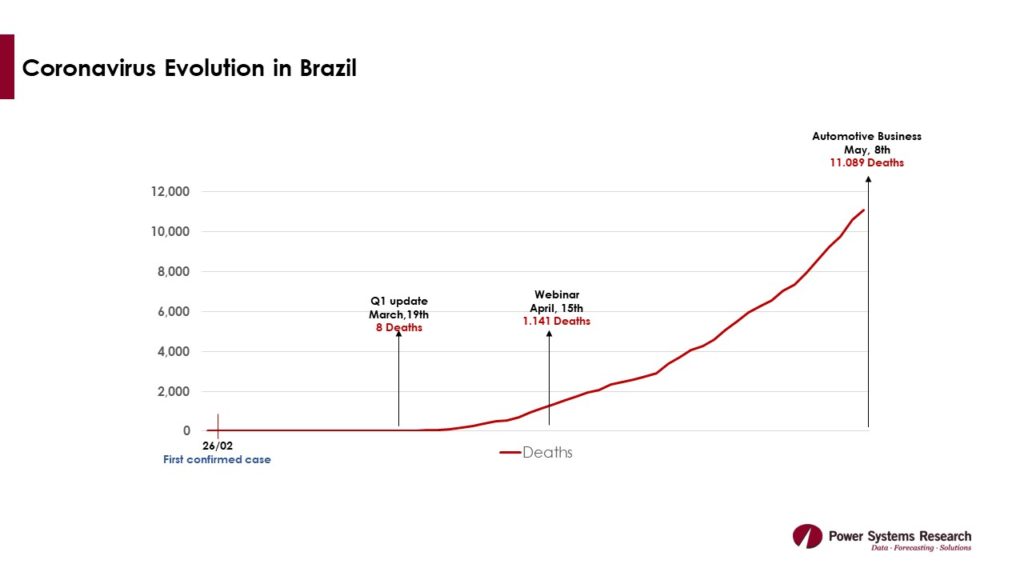INDIA REPORT, March 2020
Coronavirus Reduces India Auto Components
This article first appeared in the March 2020 issue of PowerTALK™ News
China is one of the leading suppliers of auto components to India, and this supply chain was significantly interrupted in Q1 2020 by the caronavirus. In 2018-19, components worth an estimated US$4.5 billion (out of a total of approximately $17 billion) were exported from China to India. Most of this trade is in electronic components, EGR modules, fuel injection pumps, turbochargers, meter sets, LEDs, magnets, airbag components, and steering system components.
Since the discovery of the Coronavirus in December 2019, this supply chain has been affected. The covid-19 pandemic has started taking a toll on components supply and automotive production in India. The situation is further amplified, as China has terminated all sea routes to other parts of the world.





